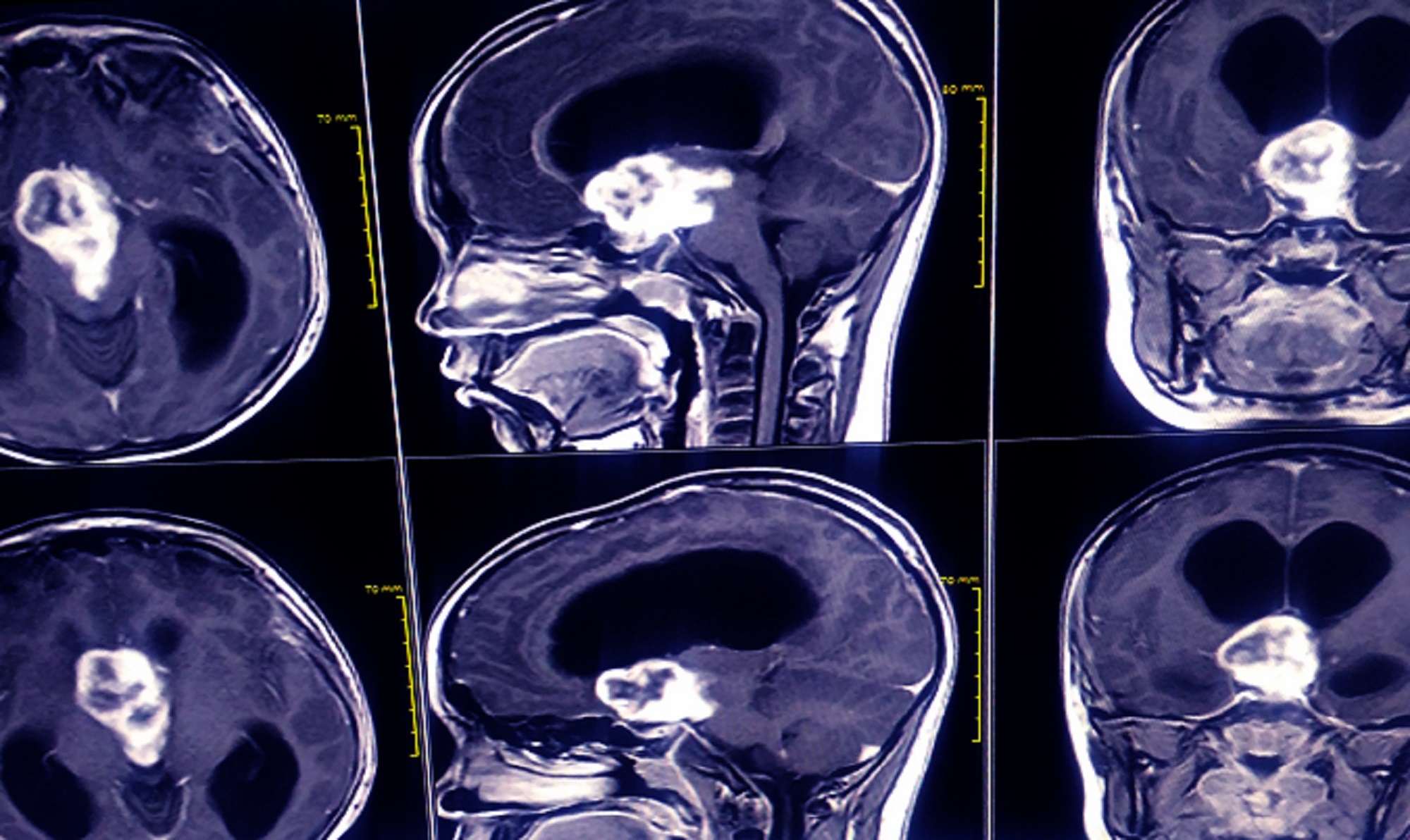A newly conducted study at the University of Queensland demonstrated how melatonin, a hormone secreted in the pineal gland, may improve brain functions associated with sleep among children who experienced a concussion.
The study, publicized in the Journal of Neurotrauma, began by having the magnetic resonance imaging (MRI) scans of more than 60 young participants evaluated. Throughout the course of the study, the participants were instructed to consume either a dose of 3-10mg of melatonin or a placebo.
As part of a randomized clinical trial, assessing the effectiveness of either melatonin or the placebo occurred after 28 days of treatment. Following the near one-month treatment, symptoms of concussion were examined using a self-report Post-Concussion Symptom Inventory test.
Based on their findings, the children who consumed melatonin over a span of four weeks saw a drastic improvement in brain regions associated with sleep and cognitive health. MRI scans enabled the identification of a particular network of brain connections that yielded beneficiary results with the melatonin treatment.
“The results suggest melatonin, when taken by children with concussion, compensated for normal brain functions that may have been interrupted due to injury,” said Kartik Iyer, the study’s first author, in a news release.
“A good night’s sleep is essential for children as it allows them to consolidate what they’ve learned throughout the day and restore energy for the day ahead,” Iyer explained.
“Our study shows that melatonin, when taken orally over several weeks, may reduce sleep disturbances and improve sleep quality.”
The findings were also authored by Andrew Zalesky, Luca Cocchi, and Karen Maria Barlow.


